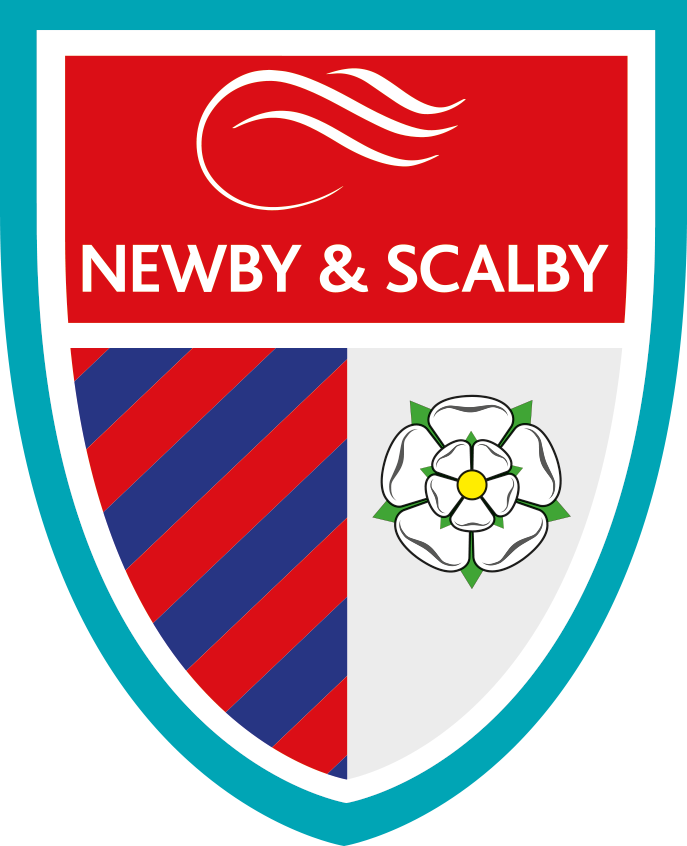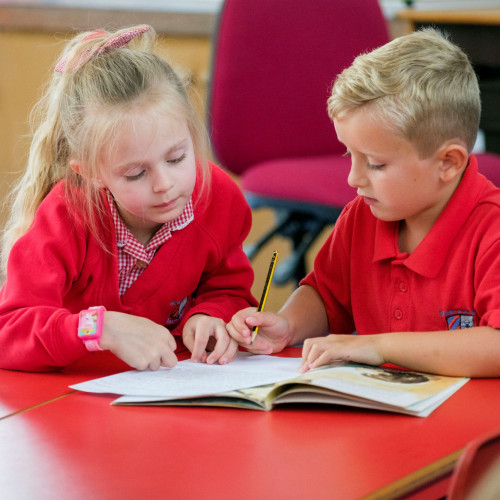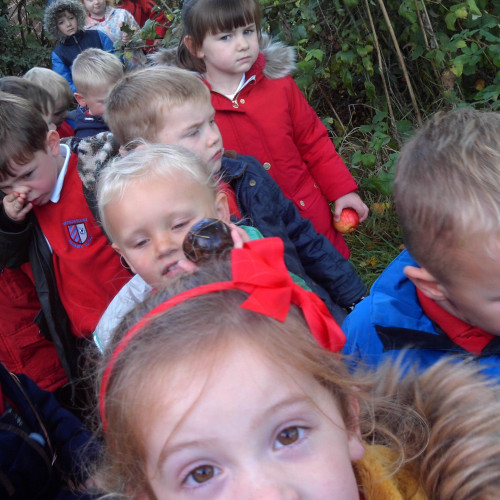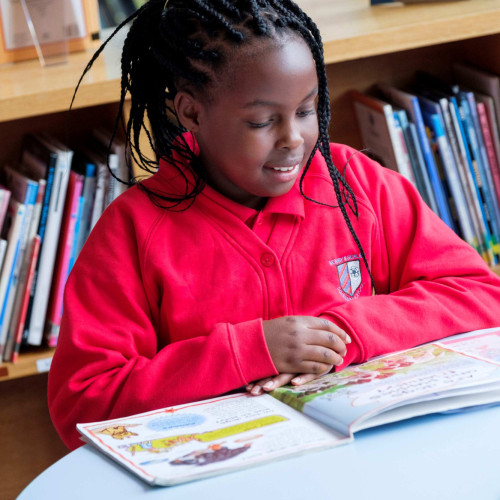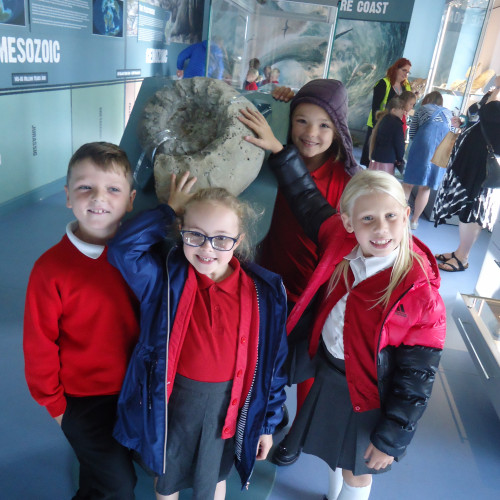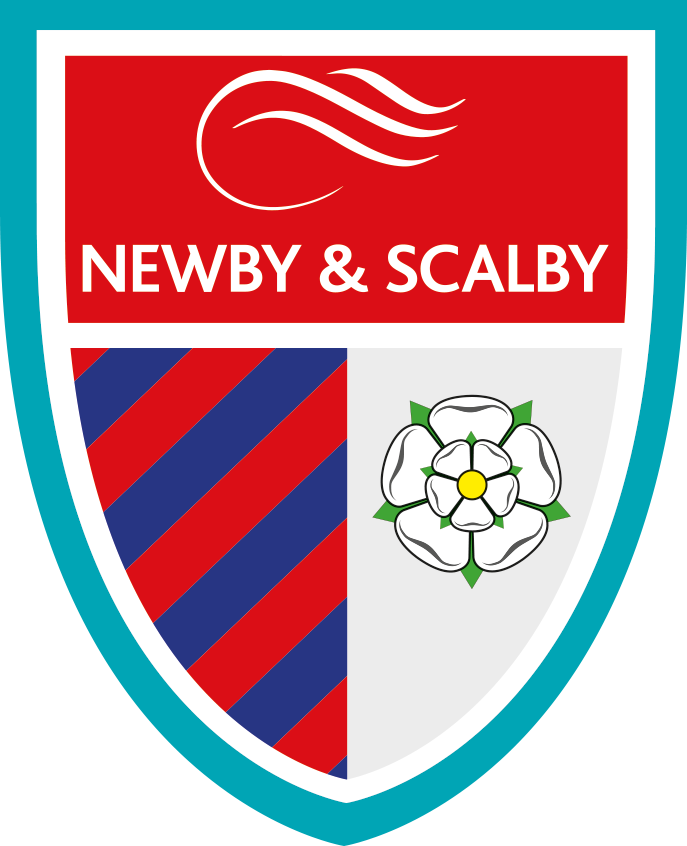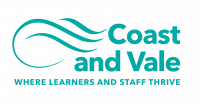Reading
Our vision for reading
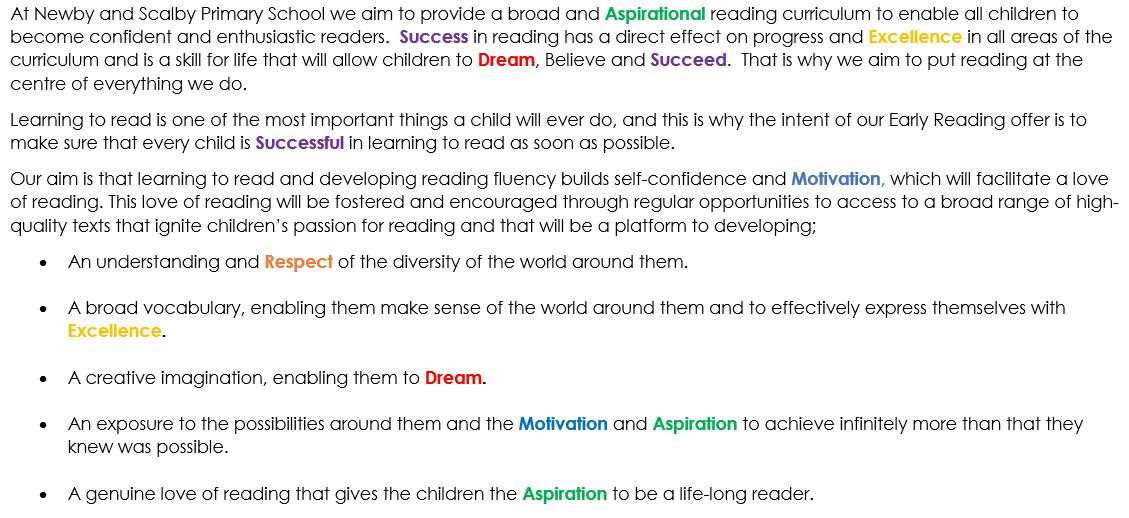
| Intent |
|---|
|
For the learning of early reading to be successful we use a balanced and creative approach that will help children to:
· Gain a life-long enjoyment of reading and books · Read accurately, fluently and with understanding · Apply a knowledge of structured synthetic phonics in order to decode unfamiliar words with increasing accuracy and speed · Be able to read with expression, clarity and confidence · Develop a good linguistic knowledge of vocabulary and grammar · Read and respond to a wide range of different types of texts · Develop a deeper level of emotional intelligence and empathy · Read fluently, and with confidence, in any subject in their forthcoming secondary education. |
| Implementation |
|
At Newby and Scalby Primary School, we teach early reading skills to our youngest children through high quality teaching of synthetic phonics by following Little Wandle (a DFE approved scheme). This enables children to gain the skills needed to read with confidence and fluency and therefore access the wider curriculum. Please click here to find out more about phonics and early reading.
EYFS and key stage 1Children who are following the Little Wandle Programme will read their reading book three times a week as part of a group to a trained adult. Children who are learning phonics are given books that include the sounds they know. Once children have completed the programme, they will be able to choose their reading book from a high-quality range of age appropriate texts.
Key stage 2All pupils have the opportunity to read daily, either by reading to an adult or accessing books independently. Children will have the opportunity to read to an adult in school at least once a week and their class teacher at least once a fortnight. Children are also encouraged to read at home with an adult. Children’s personal reading books are carefully selected to match their reading level.
Through high quality teaching and learning experiences, we will develop children’s skills and competence so that they are fluent readers who can read to learn. We use whole class shared reading to enable all children to share high quality texts and develop reading comprehension and fluency skills.
Reading skills are continually developed through the wider curriculum We have a culture of developing a love of reading across the whole school. We want children to read for pleasure: we take every opportunity to nurture a love of reading in children. We believe it is important for children to have a rich reading environment. The school library is a focal part of school and classes visit regularly. School has strong links with the local library. Reading is prominent across the school day. We know that being read to inspires. Teachers share high quality texts with children every day. We have a list of texts that we wish to buy to ensure a broad and balanced reading offer. If you wish to donate a book, please click here. |
| Impact |
|
All pupils will be able to read with accuracy, speed, confidence, fluency and understanding, ready to access the curriculum in the next phase of their education and in their lives now and in the future. All pupils will make at least good progress from their starting points. Pupils will develop a life-long enjoyment of reading and books. |
Phonics
All teachers have the highest expectation that children will become confident, proficient readers by the end of Key Stage 1 through our consistent implementation of our chosen Systematic Synthetic Phonics (SSP) Programme:
|
Intent Curriculum design, coverage and appropriateness |
The intent behind our phonics approach is to:
|
|
Implementation Curriculum delivery Teaching (pedagogy) Assessment (formative and summative) |
Phonics is implemented through the Little Wandle programme.
Daily phonics lessons in Reception and Year 1
Daily Keep-up lessons ensure every child learns to read Phonics is taught in a whole class approach. Any gaps in knowledge are addressed through individual and group interventions (additional to whole class phonics sessions) from the start of the year in order for children to ‘keep up’ with their peers. Therefore, the children then move through the phase groups as one group together. Regular progress meetings are held with all reading teachers to monitor children making slowest progress and half- termly monitoring from the Hub Lead. Children in danger of falling behind, or who are working behind the pace of the programme, are swiftly identified and enough additional support provided to enable them to keep up.
Teaching reading: Reading practice sessions three times a week
Ensuring consistency and pace of progress
Parental Involvement
The resources on this page will help you support your child with saying their sounds and writing their letters. There are also some useful videos so you can see how they are taught at school and feel confident about supporting their reading at home.
|
|
Impact Attainment and progress (including national tests and assessments) |
The impact of our consistent and systematic teaching of our phonics programme is that children become fluent and confident readers by the age of KS1. |
